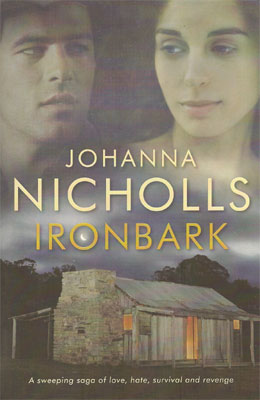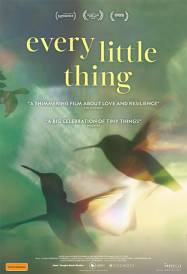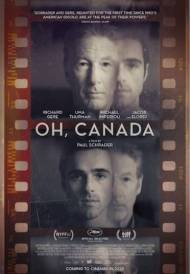Ironbark

Ironbark
Ironbark, noun- Any of the various Australian eucalyptuses having a hard, solid bark. The bark can survive the harshest Australian conditions- flood, drought and bushfires.
Like the beautiful, hardy ironbark trees that dominate our landscape, Australian history is also full of strong, resilient characters who overcame incredible hardships in newly colonized Australia to create the foundations of the country we live in today.
Now, a thrilling era in Australian history is brought to vivid life by Johanna Nicholls in her debut novel, Ironbark.
Ironbark is an adventure saga with startling contemporary resonance. It follows the intertwined destinies of Romani gypsy, a Currency Lad and a young convict- who walk a tightrope between law and order and anarchy in 1830's New South Wales. This story will sweep you right off your feet into a time where emotions were as raw as the Australian landscape.
Keziah Stanley is a passionate young gypsy who arrives in Australia determined to find her beloved convict husband. She takes desperate measures to hide her own legacy of shame.
Currency Lad Jake Andersen is a bare-knuckle prize-fighter battling to prevent a bank's take-over of his farm. He vows never to trust a good woman again after his wife deserts him for another man. Fuelled by rage Jake searches the continent hell-bent on revenge and to reclaim his little daughter.
Daniel Browne is a poorhouse bastard who has a burning ambition to be a great artist and is determined to follow his dream- no matter what price he must pay.
Thrown together by random acts of love, violence, deception and revenge, this volatile trio forms an extraordinary and unexpected alliance that will challenge the establishment by their desperate attempts to forge their lives on their own terms.
Life in the Ironbark era of 1837-44:
Johanna Nicholls was born in Melbourne. A former magazine feature writer and fashion editor in London. She has worked in television production for the Seven Network and was TV Drama Script Editor for the Australian Broadcasting Commission where she worked on the development of many memorable miniseries. She lives in a 1830s convict-build Sydney cottage and is currently writing her second Australian historical novel.
Ironbark
Simon and Schuster
Author: Johanna Nicholls
MORE



